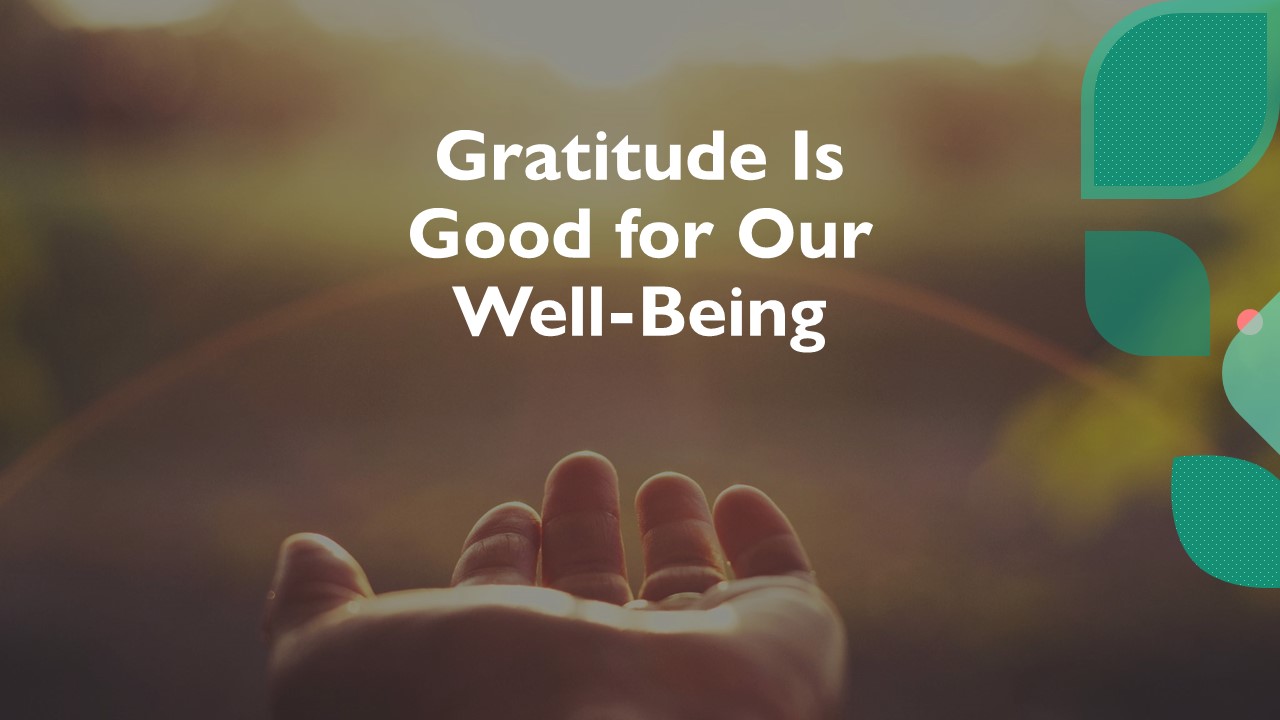In several other articles on this blog, I wrote about gratitude, how people feel gratitude, how they practice gratitude, and how gratitude is beneficial for people, their well-being, and their relationships.
Gratitude and altruistic love are omnipotent across many cultures.
What Is Gratitude?
Your wellbeing will be enhanced by simple acts of giving, receiving, and even observing the gratitude of others. Gratitude is contagious!
Gratitude is a positive feeling that comes up when we realize that we have good things in our lives and that other people have helped us get the good things that we have in life. In the same way, spiritual believers and religious people experience gratitude toward supernatural and God-like powers and authorities that help them in life.
We might feel gratitude when someone is kind to us. Gratitude is the lens through which we see gifts, givers, goodness, and grace in the world. The practice of gratitude has the power to restore, revitalize, and transform people’s lives.
What Studies of Gratitude Show
The American psychologist Robert A. Emmons from the University of California, Davis, has studied the psychology of gratitude for many years.
His research has discovered how experience and expressions of gratitude are beneficial for people and how gratitude improves their psychological well-being. Many other studies have demonstrated various positive social and emotional effects of having a grateful outlook, expressing gratitude to others, and “counting one’s blessings”.
For example, the study of Sara Algoe, a psychologist at the University of North Carolina at Chapel Hill, and her colleagues demonstrated how everyday gratitude is capable of boosting romantic relationships.
Benefits of Being Grateful in Our Daily Lives
In many studies, researchers asked people to write thank-you letters or to make a list of the good things in their lives and then measured the effects of those actions.
The findings showed that these kinds of activities are good for our mental health because they help reduce depression and anxiety, boost self-esteem, and make us happier with our daily lives.
Numerous studies have found that expressing gratitude to acquaintances, coworkers, friends, or romantic partners can provide a “boost” to a relationship.
Not only experience and expression of gratitude are beneficial, but also people’s grateful dispositions. Researchers have discovered that those who have a grateful attitude on a daily basis are less depressed and sleep better.
How Being Grateful Help in Difficult Times
Gratitude for what people do for you and what your life has to offer is the best thing you can do. It is especially beneficial during trying times.
Christina Caron told the dramatic life story of how gratitude can help in a difficult time. In 2022, Stacy Batten experienced a series of tragic events in her life:
“Her husband died of cancer, and her father died after a long battle with Parkinson’s disease. Her mother was diagnosed with cancer. And she moved across the country from Seattle to Fairfield County, Conn., after selling the home that she had lived in for 26 years.
In her devastation, she noticed that she felt better when she looked for the good parts of each day. So she took a large Mason jar and turned it into a “gratitude jar,” which she now keeps on her night stand.
Every night, she writes down a few things that she is grateful for on a scrap of paper and drops it inside. They are often as simple as “I met a new neighbor” or “I took a walk with the dog and my mom.”
“The grief is still there,” Batten, 56, said. “But writing those daily notes has helped.”
